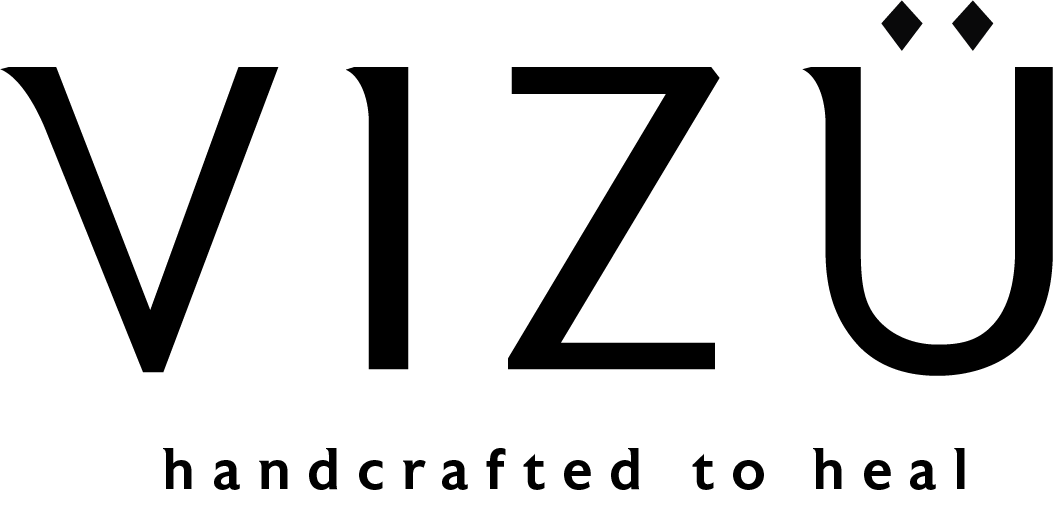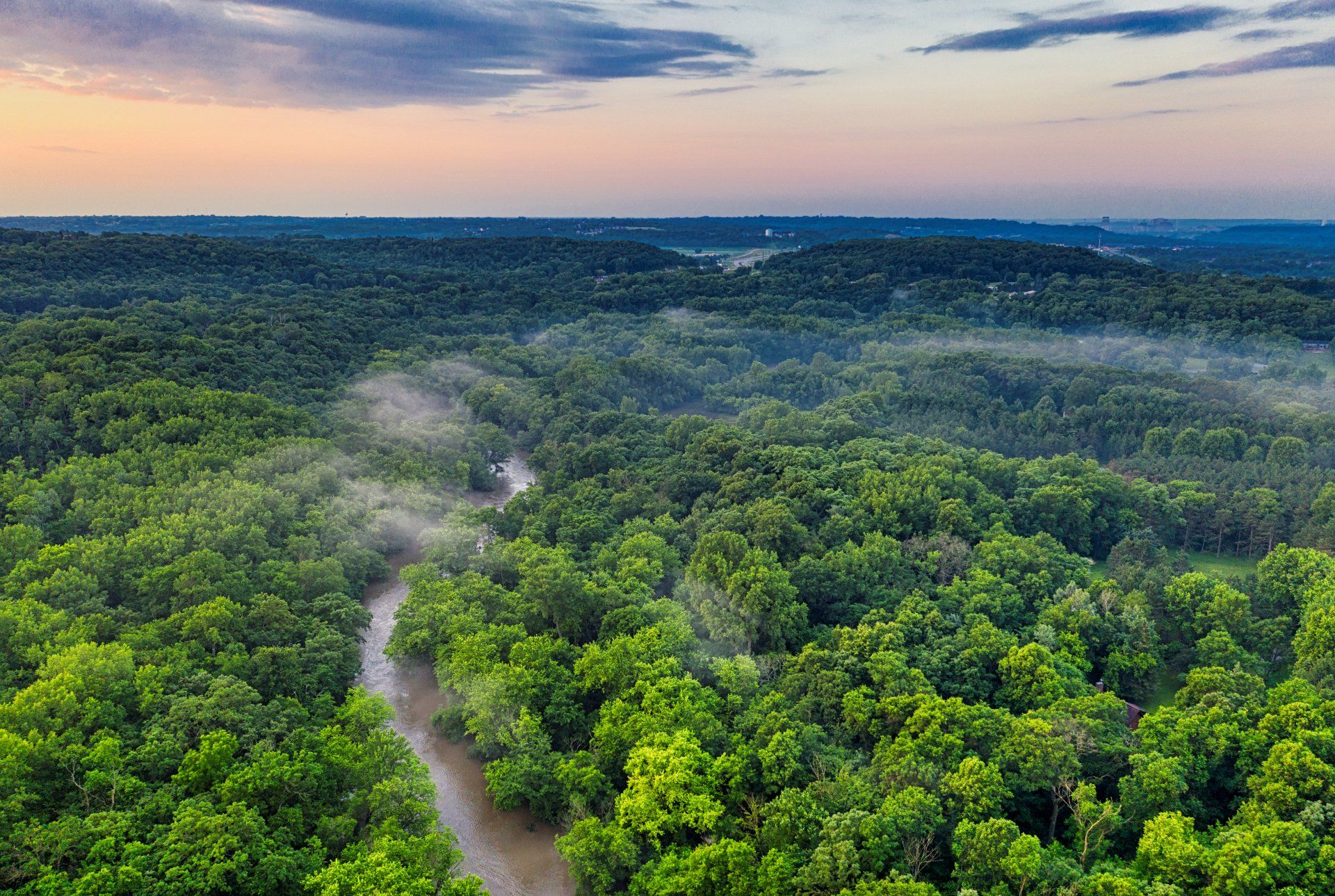Copaiba, known as the antibiotic of the forest, is one of the medicinal trees most widely used in the Amazon to treat inflammations and wounds. The Indians discovered the curative power of copaiba oil, and since then it has healed the minor as well as the life threatening injuries of thousands of native people. Rural people contend that far from the hospital or the pharmacy, copaiba oil is your best remedy.
Copaiba oleoresin is used to promote the growth of scar tissue for wounds and ulcers, as well as to treat serious and chronic skin diseases, such as dermatosis and psoriasis. In Rio Branco, the capital of Acre, it is most commonly taken for throat infections. Acre’s largest consumers are the elderly. In contrast, in Pará, all ages and social classes consider copaíba one of the most important natural remedies in Amazonia.
The local people discovered a variety in colour, scent, flavour and density of the oils. The clear oils tend to be favoured by medical industries and the darker oils tend to be used to make soap and to treat injured animals.
The copaiba tree is also known as the “oil wood”, “miracle tree” and “diesel oil tree” because it produces a thick, yellow, sticky medicinal oil that is extracted by making incisions in the trunk. Copaiba occurs in low densities in the forest, and for this reason great care must be taken in its extraction. In some places, people fell the trees or cut them deeply with a machete so that they may obtain higher volumes of oil than they can in a careful extraction. However, a deep cut wounds the tree and may lead to a fungal or insect infection from which it may not recover. When it suffers from a severe infection, a tree can die in as little as three years. With the correct method, it is possible to extract oil year after year with no ill effects.
The chemical composition of the oleoresin (oil-resin) of copaiba is thought to have approximately 72 sesquiterpenes (hydrocarbons) and 28 diterpenes (carboxylic acids), and the oil is composed by 50% of each of these terpenes.
Copaiba oleoresin also has anti-ulcer, anti-viral and anti-rhinovirus, anti-microbial, anti-inflammatory and anti-oxidant activity. It is frequently used and applied in the pharmaceutical and cosmetic industries. It is a well known product from the Amazon rainforest and it is being described in the British Pharmacopeia over 150 years ago.
Sustainability awareness - use only what we need
A study in Peixe-Boi, in the Brazilian state of Pará, demonstrated that about 65% of native trees do not regenerate well after repeated cycles of slash and burn. Among the vulnerable species that have difficulty recuperating after logging and fire are copaíba, ipê-roxo, amapá and uxi. Barks, fruits and exudates from these species are used to treat wounds, tumours, respiratory diseases and nutritional deficiencies.
Such unique rain forest species are vital to the health and nutrition of Amazonians and to the world; they have no substitutes.
Urban consumer habits and demands for forest goods have enormous consequences for the forests. Thus, each of us is responsible for the health of the forest. Our actions will determine if forests perish or continue to be part of Amazonian life.
VIZU collaborates with an ethical Brazilian manufacturer who practises fair trade and socio-environmental activities, involving the extraction of resources traded with the traditional communities of the Amazon. This is to ensure renewable, sustainable and stable supply chain models in the Amazon; respecting the limits of what nature provides.

